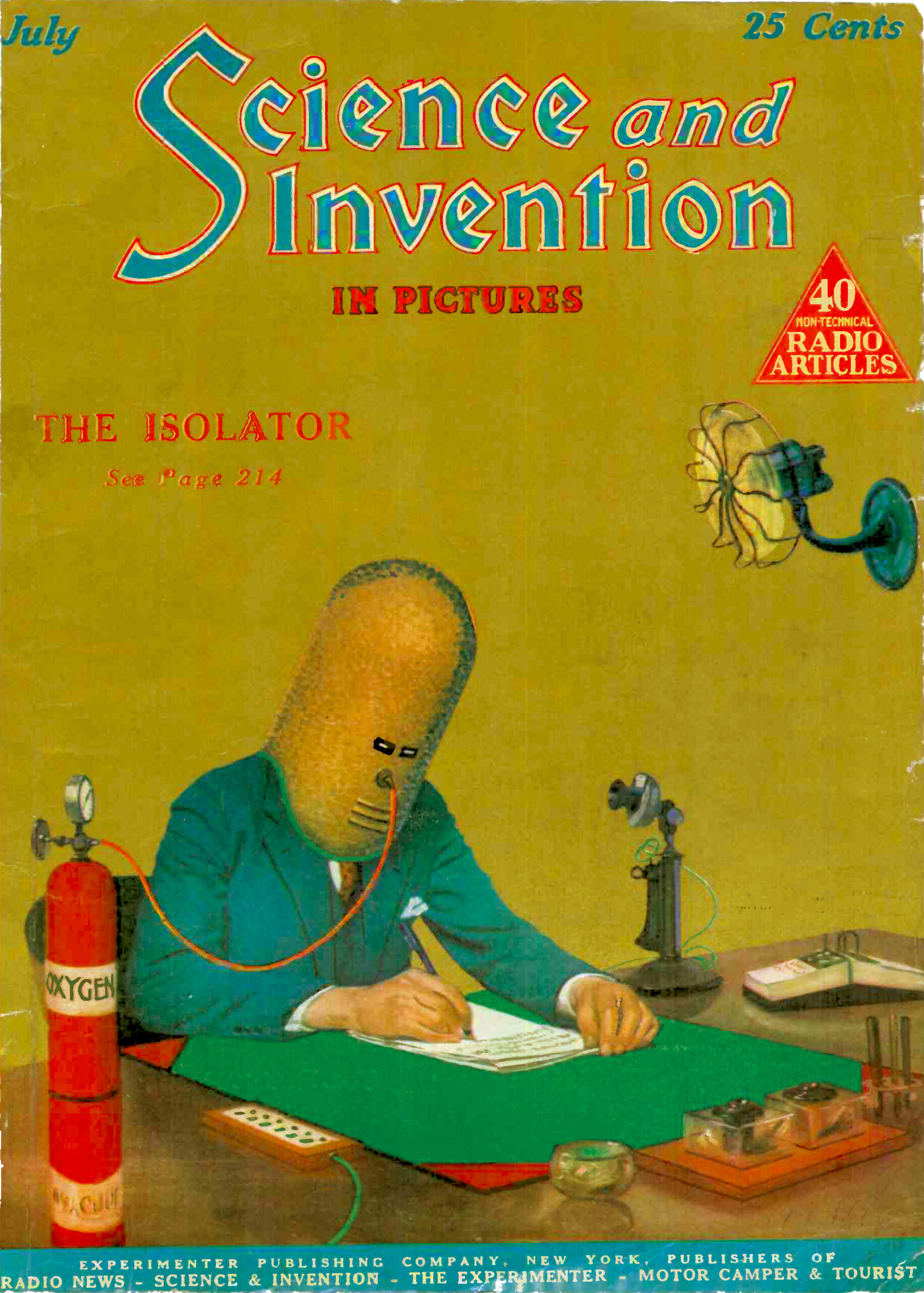America’s emerging limbo between a full-blown pandemic and a return to normal is throwing up new public health dilemmas that spark instant political fires — like a fresh round of grandstanding over mask wearing.


America’s emerging limbo between a full-blown pandemic and a return to normal is throwing up new public health dilemmas that spark instant political fires — like a fresh round of grandstanding over mask wearing.

Officials euthanized a grown female bear and two smaller bears that were found nearby. It was one of only a few fatal bear attacks ever recorded in the state.

The family of Andrew Brown Jr. will say goodbye to the 42-year-old Monday as they continue to demand answers, 12 days after the Black father and grandfather was fatally shot by North Carolina sheriff’s deputies.

New Pokémon Snap is a cozy photography game with a surprising amount of depth

“Feel-good films” are usually dismissed by film critics as being sentimental and without intellectual merit. But their popularity with audiences, who seek them out precisely because of their “feel-good” qualities, tells a more favorable story. Now, for the first time, this popular movie genre is examined scientifically. A new study from the Max Planck Institute …

Researchers from Niigata University , the University of Tokyo, Osaka University and Tokyo Medical University, Japan, have developed a new approach that could revolutionize the treatment, prevention, and possibly reversal of the damage caused by liver diseases. This novel strategy exploits small extracellular vesicles (sEVs) derived from interferon-γ (IFN-γ) pre-conditioned MSCs (γ-sEVs).

A research team from the Institut de Neurociències at the Universitat Autònoma de Barcelona (INc-UAB) has showed that inhibition of the Tac2 neuronal circuit, involved in the formation of the memory of fear, has opposite effects according to sex on the ability to remember aversive events in mice, reducing it in male mice and increasing …

The anti-distraction device is the modern mousetrap: build a better one, and the world will beat a path to your door. Or so, at least, will the part of the world engaged in the pursuits we’ve broadly labeled “knowledge work.” Even among the knowledge workers who’ve spent most of the past year in pandemic-prompted isolation, …

Customized medicines could one day be manufactured to patients’ individual needs, with University of East Anglia (UEA) researchers investigating technology to 3D ‘print’ pills.

Scientists at the Krembil Brain Institute, part of University Health Network (UHN), in collaboration with colleagues at the Centre for Addiction and Mental Health (CAMH), have used precious and rare access to live human cortical tissue to identify functionally important features that make human neurons unique.